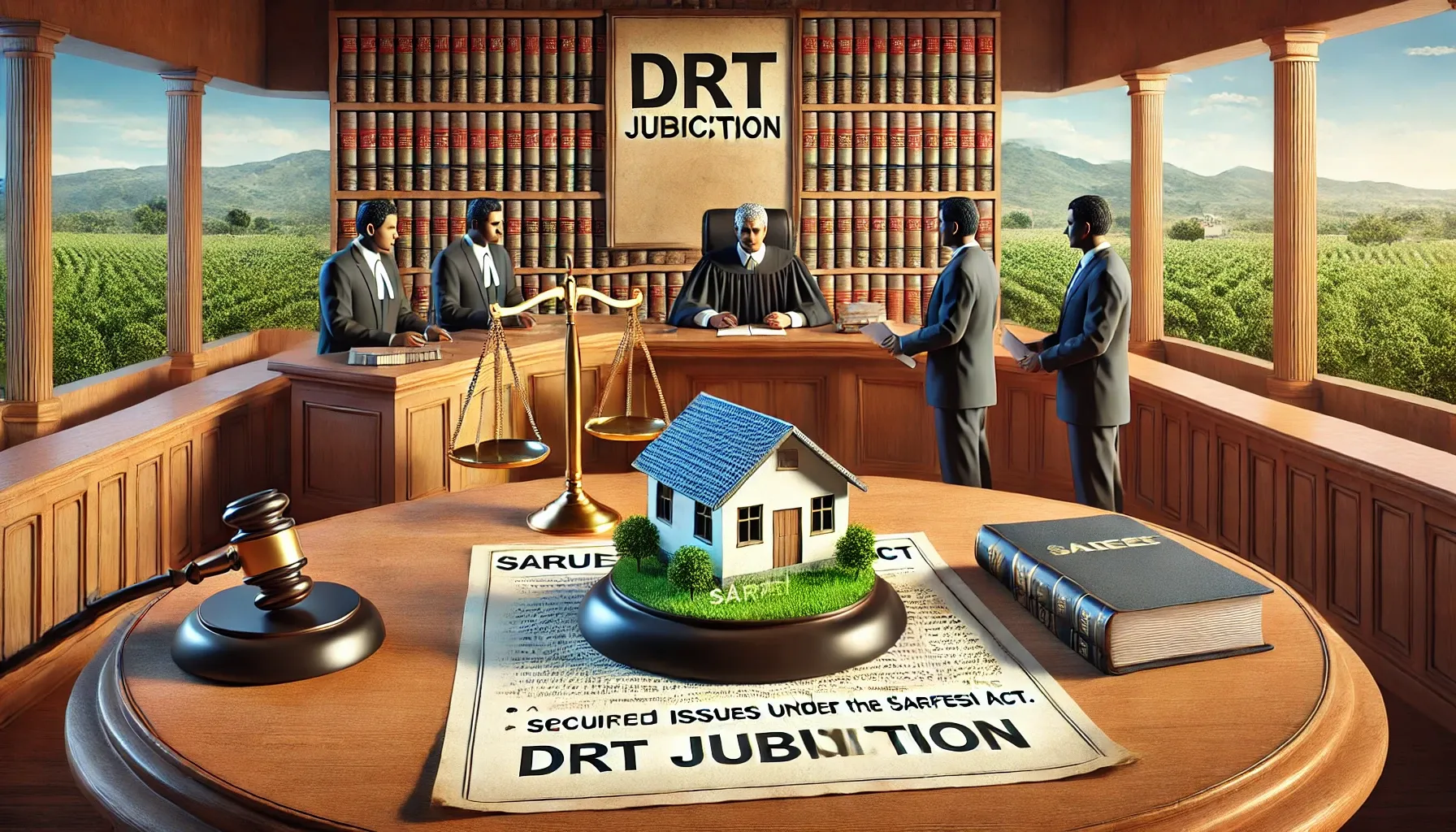The Supreme Court ruled that DRT lacks authority under SARFAESI to hand over possession of secured assets to non-borrowers or possessors, affirming that such claims should be made before civil courts.

The Supreme Court has clarified that the Debt Recovery Tribunal (DRT) does not have the authority under the SARFAESI Act, 2002, to hand over possession of a secured asset to an individual who is neither the borrower nor the possessor of the asset. The Court emphasized that the appropriate forum for such relief is the civil court, rather than the DRT.
Key Observations by the Supreme Court
- The Court ruled that:
- "Under Section 17(3), the DRT has the power to 'restore' possession, which would mean returning possession to the person who was in possession when the bank took over the asset. The DRT does not have the power to 'hand over' possession to an individual who never possessed the secured asset when the bank took over possession."
- A person who was never in possession of the secured asset cannot seek relief under Section 17(3) of the SARFAESI Act.
- The proper remedy for such individuals lies in approaching the civil court.
Case Background
- The case involved Respondent No.1, who sought the handover of possession of a secured asset from the Civil Court, despite never having been in possession of it.
- The Civil Court refused the relief, stating that only the DRT had the jurisdiction to grant such relief under Section 17(3) of the SARFAESI Act.
- However, the High Court overturned the Civil Court’s decision, affirming that Respondent No.1 correctly approached the Civil Court, as the DRT lacks jurisdiction to hand over possession to a third party.
- Aggrieved by the High Court's ruling, the Central Bank of India filed an appeal before the Supreme Court.
Supreme Court's Findings
- The Supreme Court upheld the High Court’s decision and reaffirmed that the DRT’s jurisdiction is limited to restoring possession to the borrower or someone holding possession on behalf of the borrower.
- The Court explained that while Section 17(1) allows any aggrieved person, including the borrower, to seek relief, Section 17(3) limits the power of the DRT to restoring possession only to those in prior possession.
- The Court observed:
- "It cannot be contended that under Section 17(3), the DRT can hand over possession to someone whose claim is adverse to that of the borrower."
Ruling and Implications
- The Court dismissed the bank's appeal and confirmed that the civil court has the jurisdiction to grant possession relief to third parties who are not covered under the SARFAESI Act.
- The judgment clarified that a civil suit for title and possession is not barred under Section 34 of the SARFAESI Act.
Case Title: CENTRAL BANK OF INDIA & ANR. VERSUS SMT. PRABHA JAIN & ORS.
Attachment:





